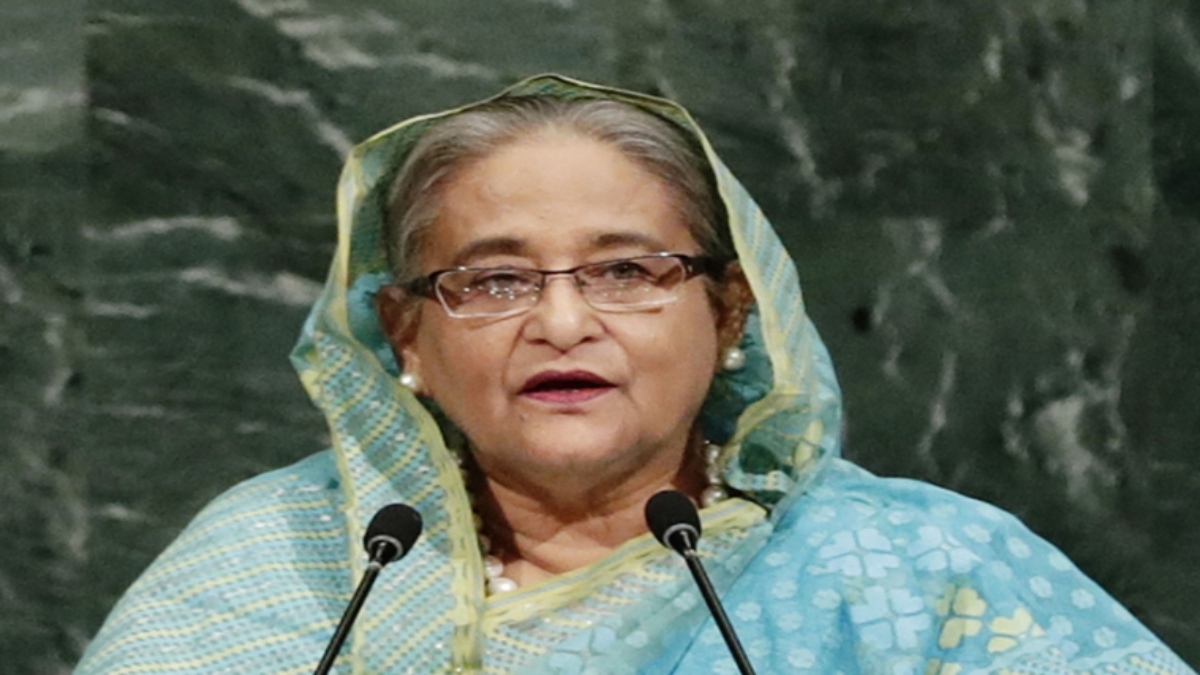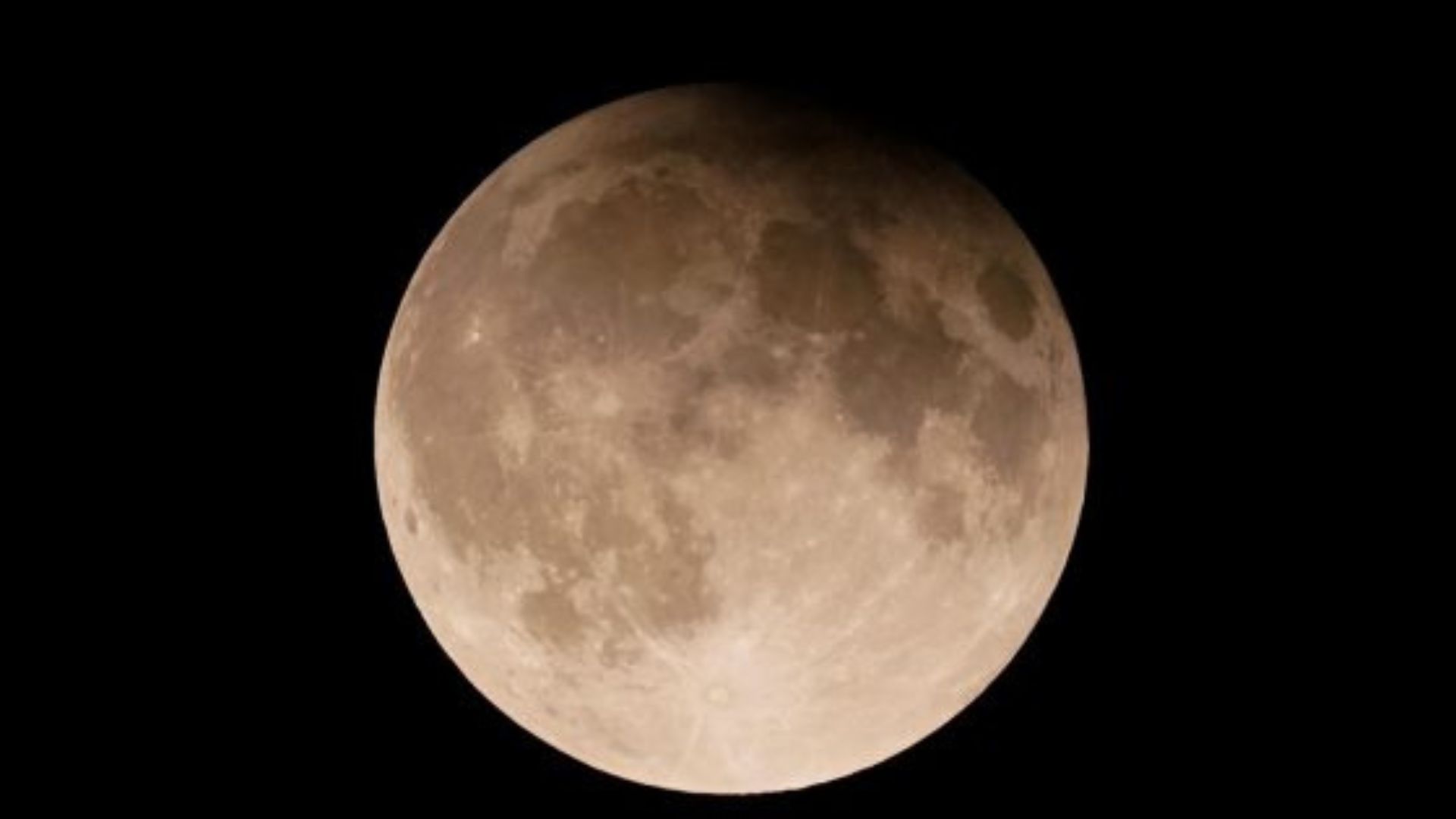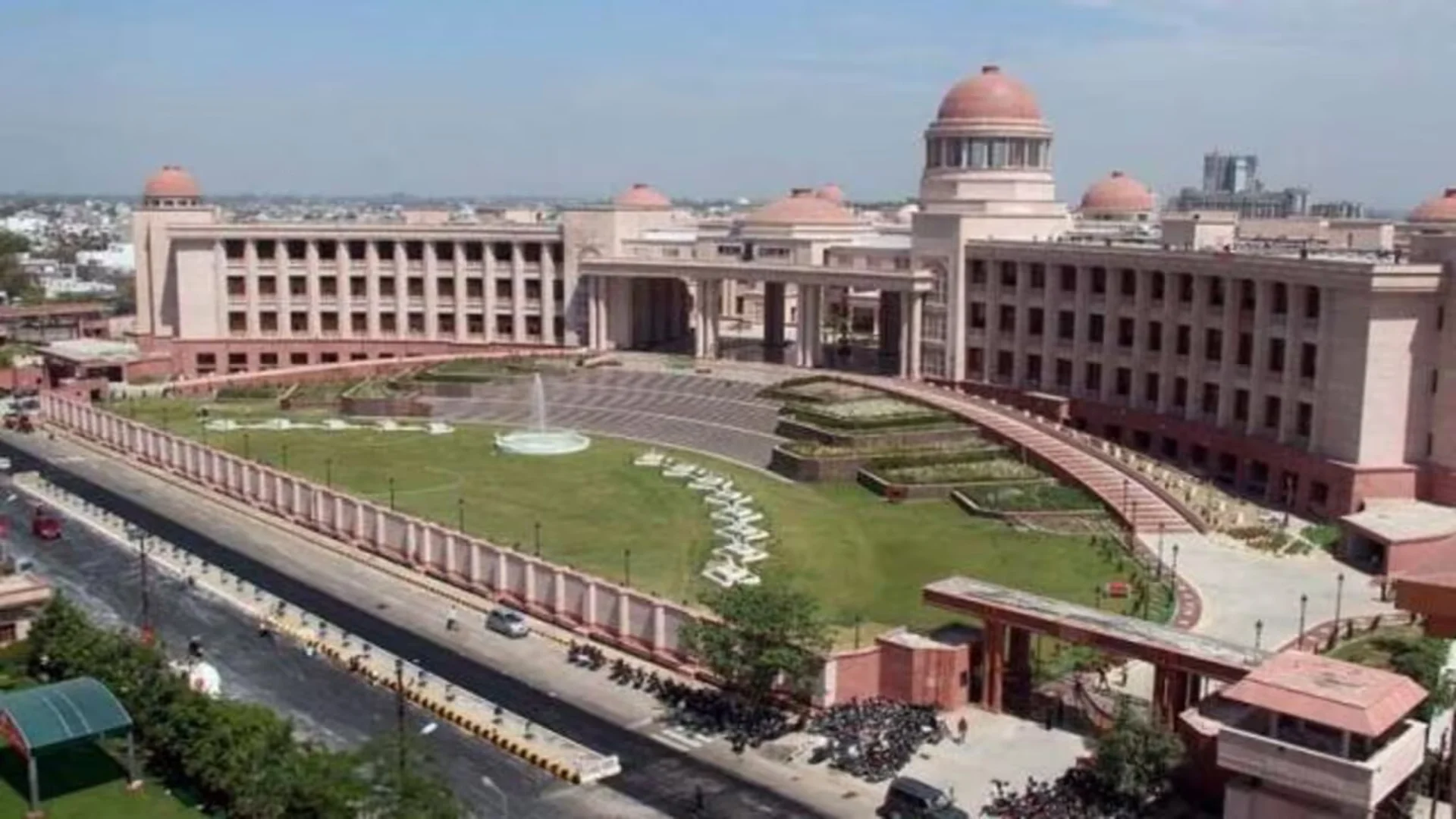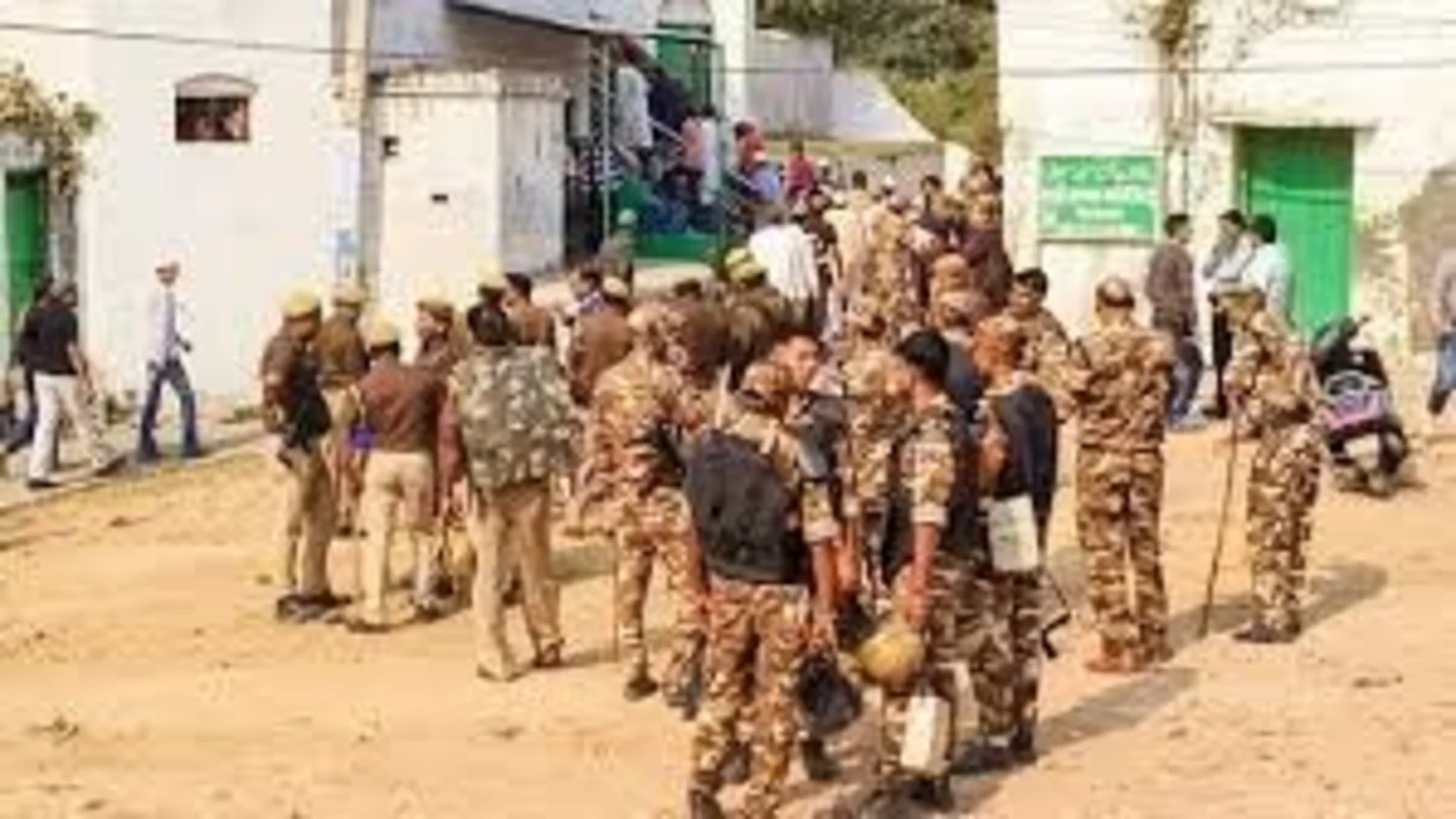
The US has been accused of ignoring Bangladesh’s warnings over the past few years that China is putting pressure on Dhaka to join the Belt and Road Initiative, according to Bangladeshlivenews.
According to the article, China has previously urged Bangladesh not to participate in the US-led Indo-Pacific projects, but under Prime Minister Sheikh Hasina, the country firmly informed Beijing that they will pursue their own foreign policy. Bangladesh, the dominant regional power in South Asia, has been given the cold shoulder by the US, which lectures about democracy and human rights and puts pressure on the government to have “free and fair” elections.
Bangladesh live news suggest that the policymakers in the Biden administration must re-think their strategy of pushing Bangladesh on human rights and using various methods like sanctions to get Sheikh Hasina to hold “free and fair” elections scheduled to be conducted early next year.
Even, Indian interlocutors have from time to time told their US and other Western counterparts of the relevance of Bangladesh in South Asia.
The Biden administration has lately been regularly inviting leaders of several nations as part of the Indo-Pacific strategy to counter China’s clout.
Ironically, it was Prime Minister Modi who is said to have convinced the Donald Trump administration to “recognise and accept” Bangladesh’s 2018 election results.
PM Modi at the time, assured the US that Sheikh Hasina’s government would be stable and work towards American strategic and economic interests in the region and that Dhaka would “keep China at bay and continue playing the fine balancing game.”
After decades of being one of the world’s least developed countries, Bangladesh is expected to become a developing country by 2026.
Last year, however, the Hasina government sought aid from the International Monetary Fund (IMF) to boost Bangladesh’s economy following a slump in foreign reserves, economic disruptions amid the conflict in Ukraine and macroeconomic risks posed by climate change.
In January, the IMF agreed to a USD 4.7 billion loan, reported Bangladeshlivenews. In 2020, then-US Deputy Secretary of State, Stephen Biegun had called Bangladesh a “key partner” in the Indo-Pacific and a centre-piece of our work in the region”, adding that the US was committed to growing the partnership.
He invited Bangladesh to take part in the Indo-Pacific Business Forum, which aims to advance trade, investment and economic cooperation between the US and Indo-Pacific nations.
The move followed a warning in February from Derek Chollet, US State Department Counsellor, that the erosion of democracy in Bangladesh would limit Washington’s ability to cooperate with Dhaka.
He urged Hasina to ensure free and fair elections. More recently, US Secretary of State Antony Blinken threatened to deny American visas to anyone trying to hinder free and fair democratic elections in Bangladesh.
In response, Dhaka said that it would like to view the announcement in a broader context of its government’s unequivocal commitment to holding free and fair elections at all levels.
The US obviously did not accept Sheikh Hasina’s assertions that conditions in Bangladesh are favourable for such elections.
Pertinently, the US was among the first countries to recognise Bangladesh as an independent nation in 1971, and it is one of Dhaka’s largest trading partners, reported Bangladeshlivenews.















